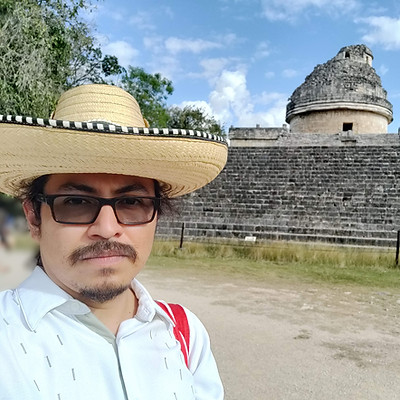
YOLANDA LOPEZ-MALDONADO
Founder & CEO
Dr.rer.nat. López-Maldonado’s background as an Indigenous Maya woman with a PhD in Human Geography provides her with a rare and valuable perspective that bridges Indigenous knowledge and Western academic training. Her cross-cultural research expertise, sharpened through international academic experiences and collaborations with various organisations, allows her to effectively apply Indigenous and Western scientific approaches into nature conservation. Her interdisciplinary approach, developed through her doctoral studies and work on complex global issues, enables her to tackle multifaceted challenges in innovative ways. Dr. López-Maldonado’s skills on Indigenous methods ensure that her work is not only academically rigorous but also deeply respectful and beneficial to the Indigenous communities. Dr. López-Maldonado has demonstrated research excellence in Earth observations from an Indigenous perspective and maintains a solid commitment to supporting Indigenous communities in benefiting from scientific approaches. Her research focuses on harnessing Indigenous Earth observations to deepen our understanding of the dynamic changes occurring in Earth’s systems, particularly water systems, and highlights the critical risks that ignoring these observations in both, policy and practice, pose to the health and sustainability of life on Earth. Her expertise spans social, natural, and Indigenous sciences, encompassing both qualitative and quantitative research methodologies. Dr. López-Maldonado has played a crucial role in ensuring Indigenous Science is included in various science-policy-society fora, including the CBD, IPBES, IPCC, and UNFCCC, among others. As an Indigenous Maya woman from Yucatan, Mexico, she brings a passionate commitment to Indigenous rights and global social justice issues that infuses her work with purpose and relevance.

